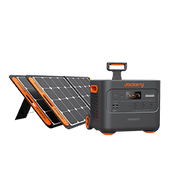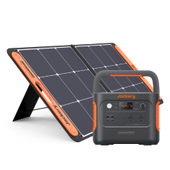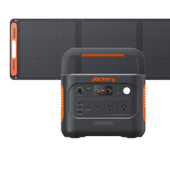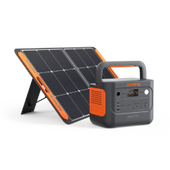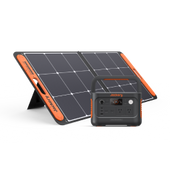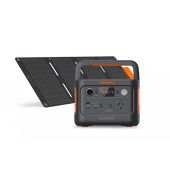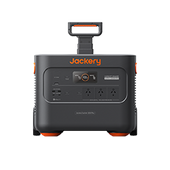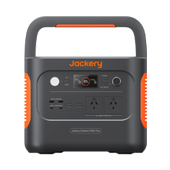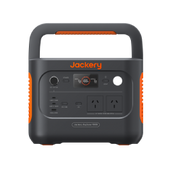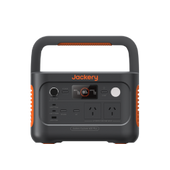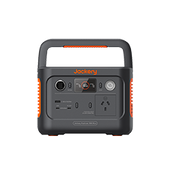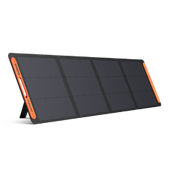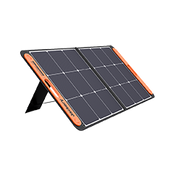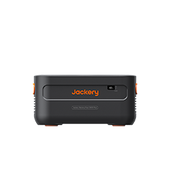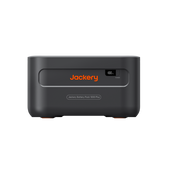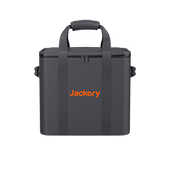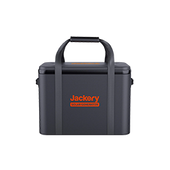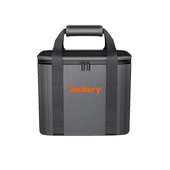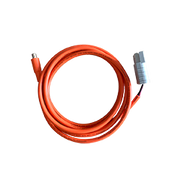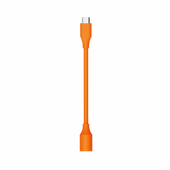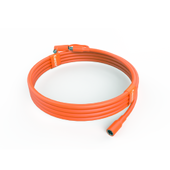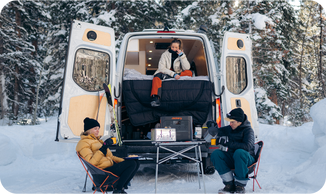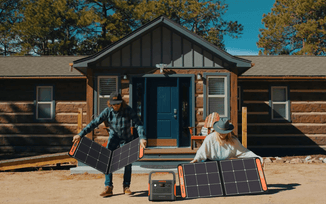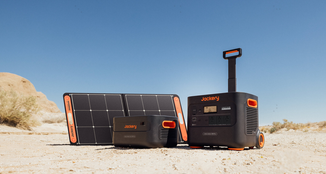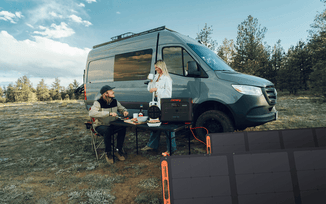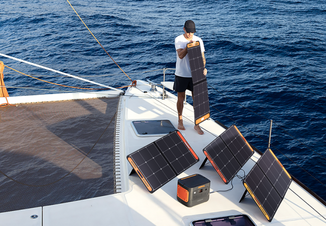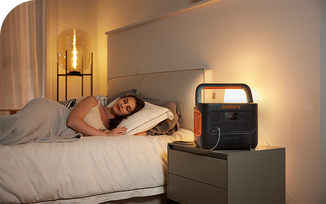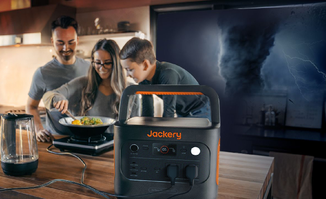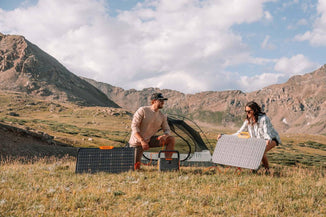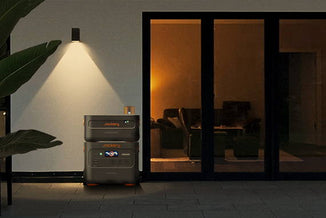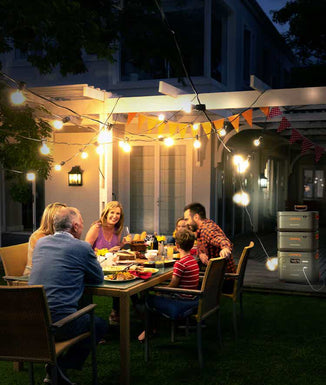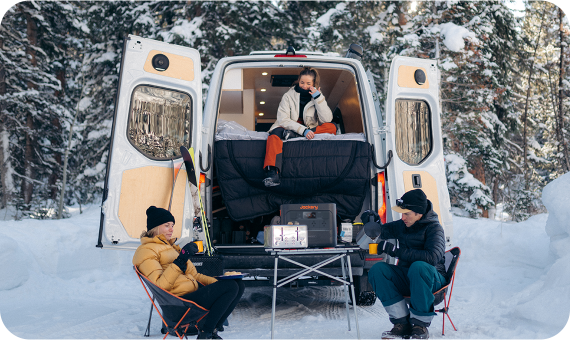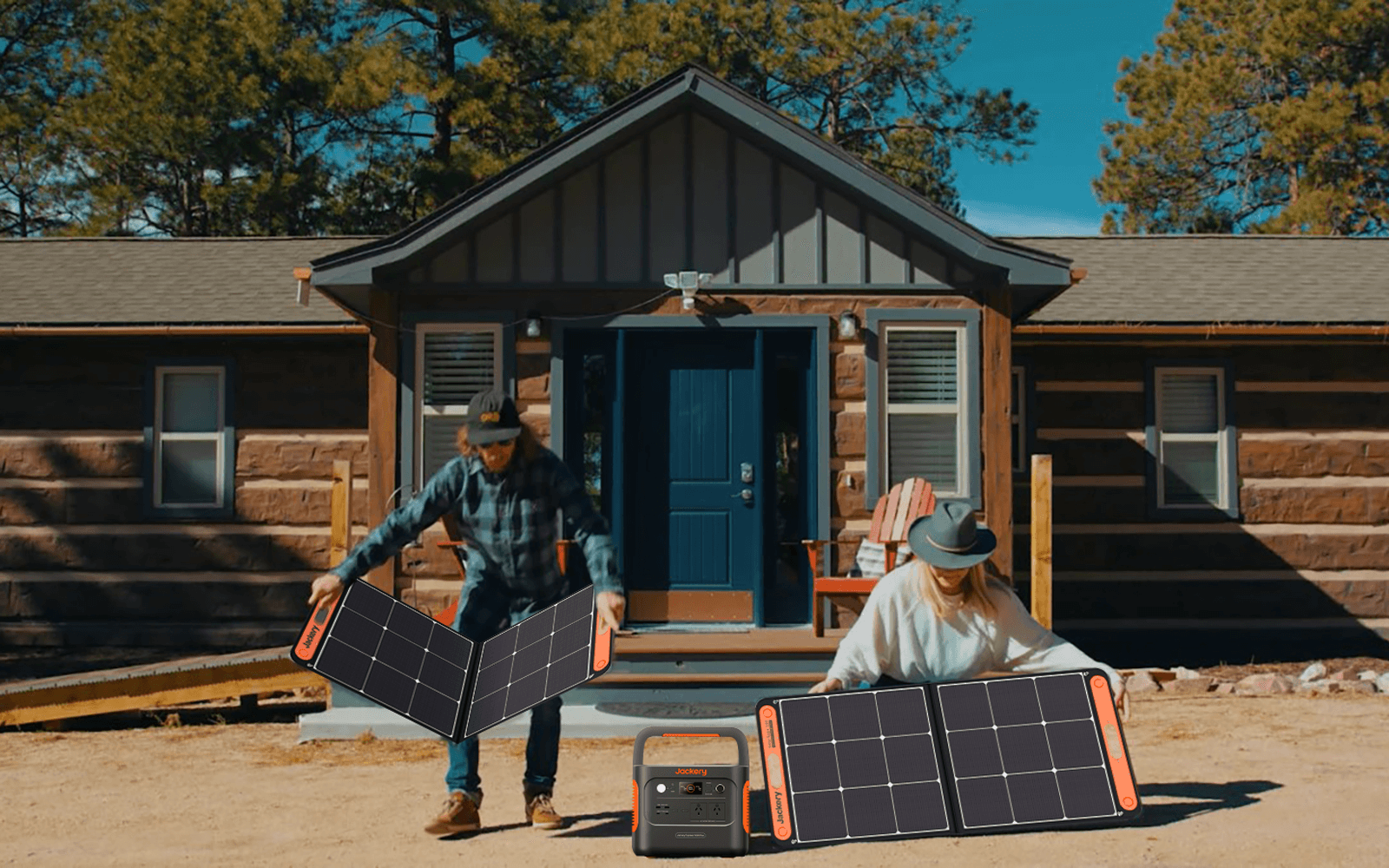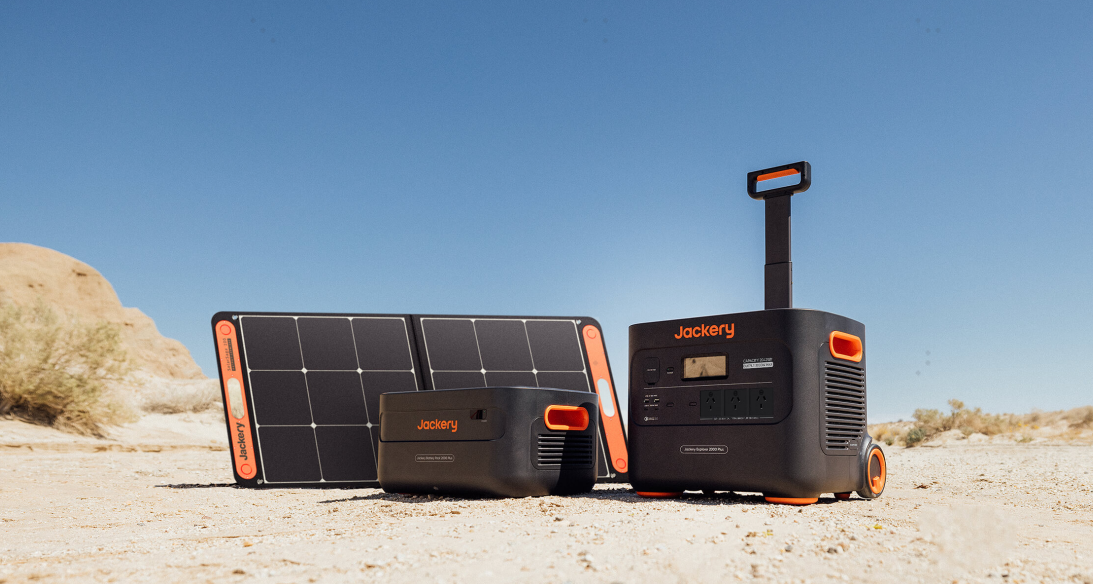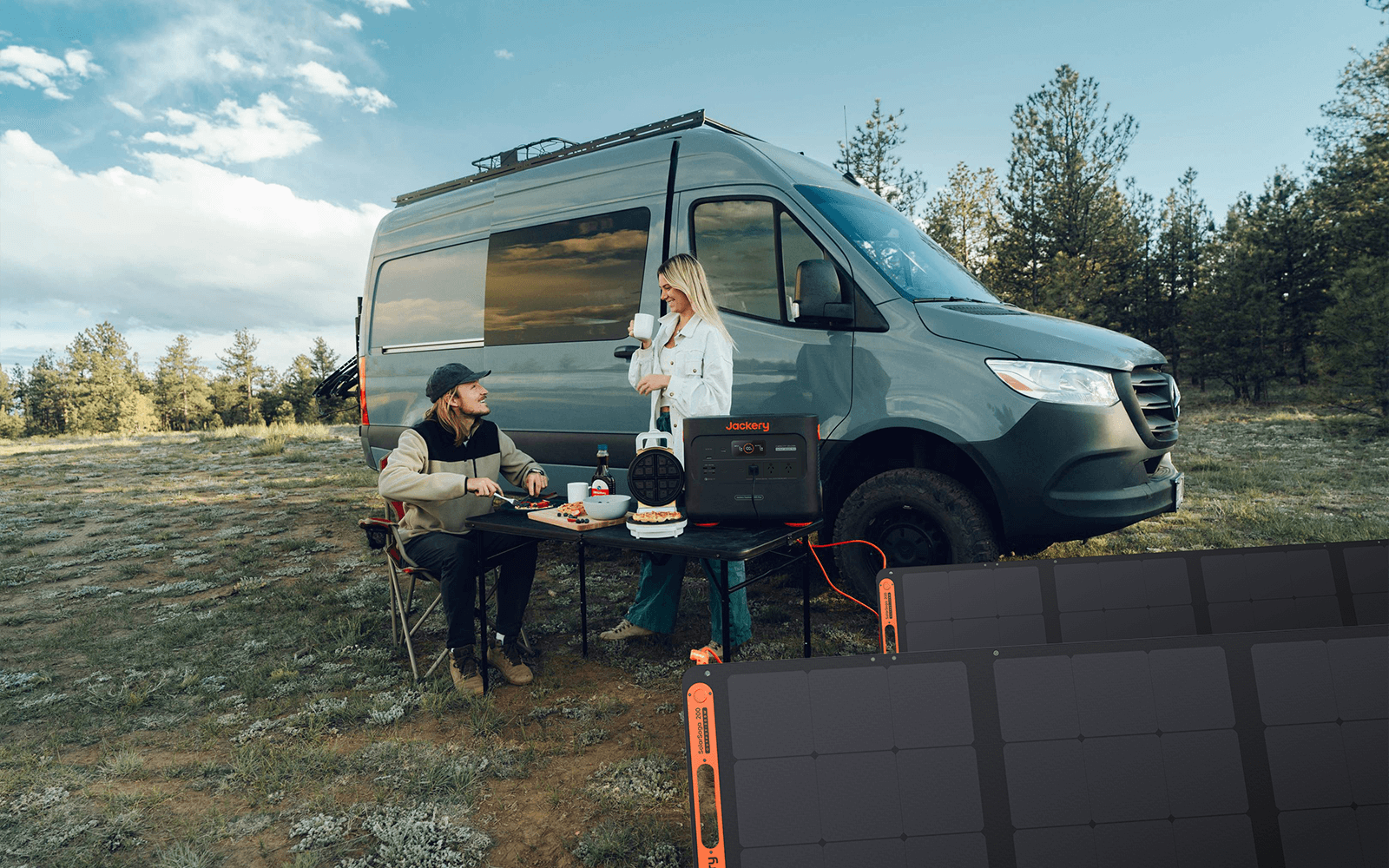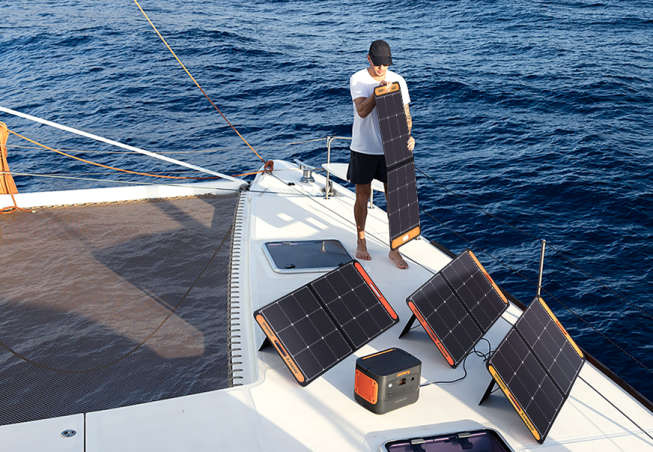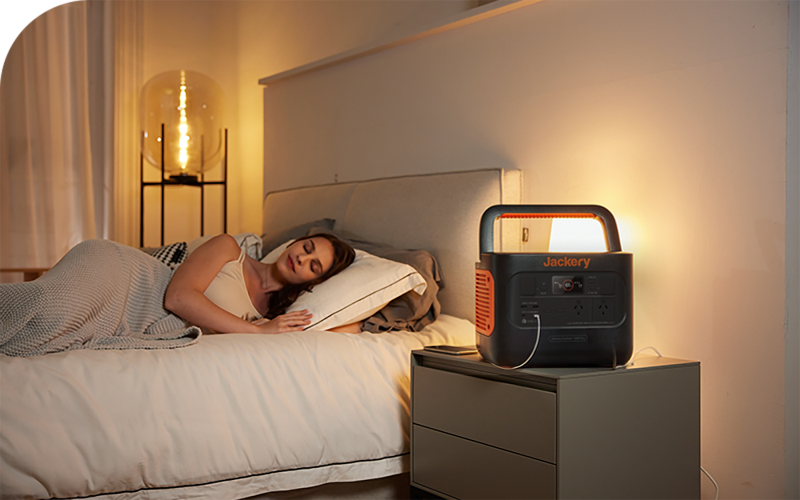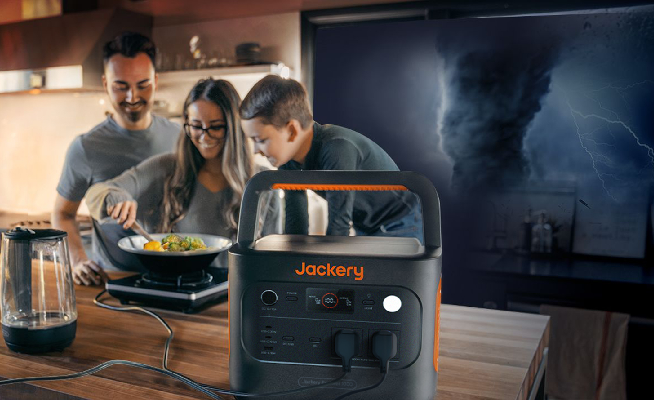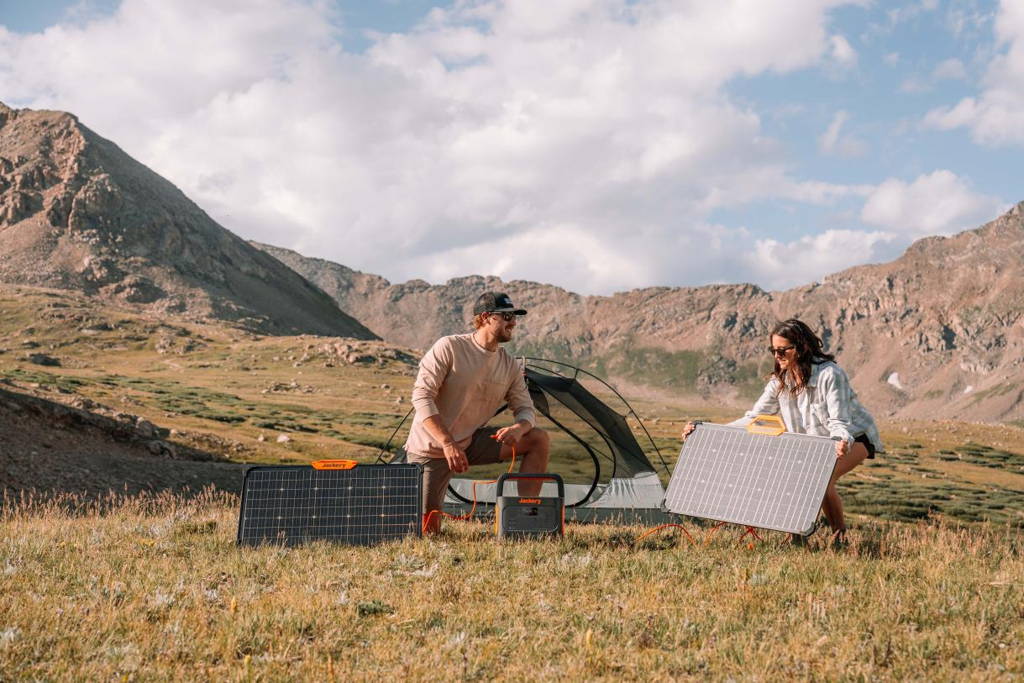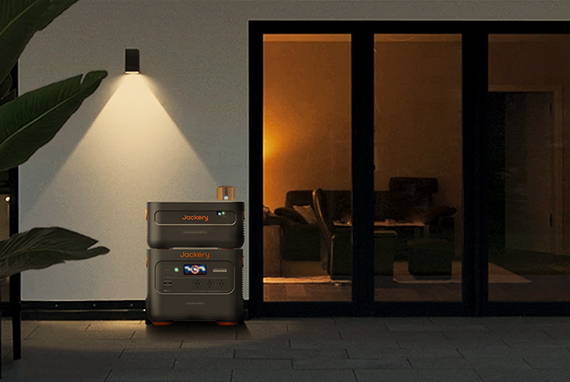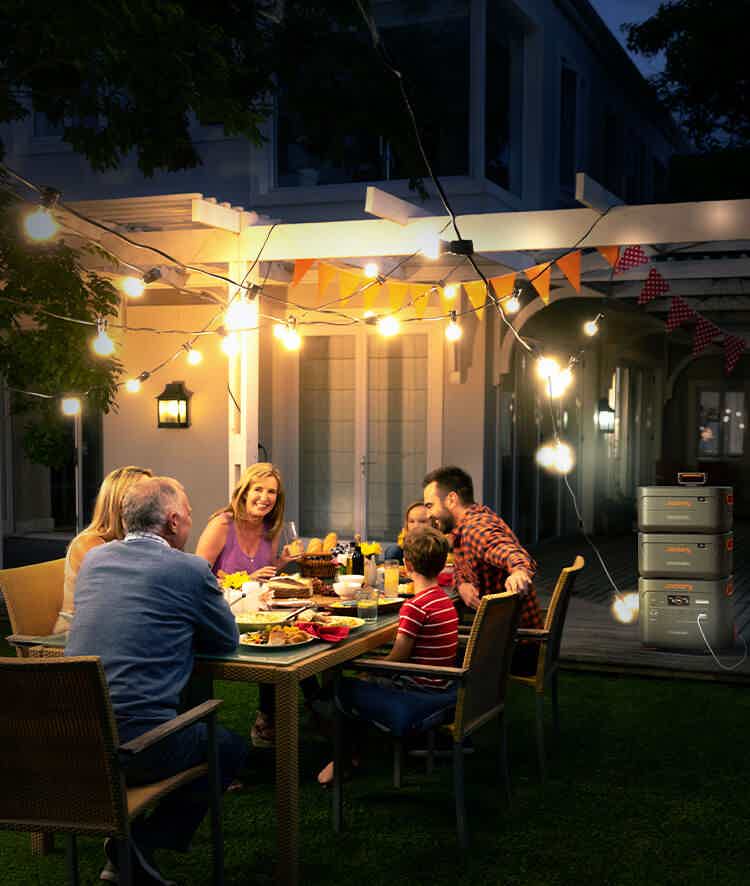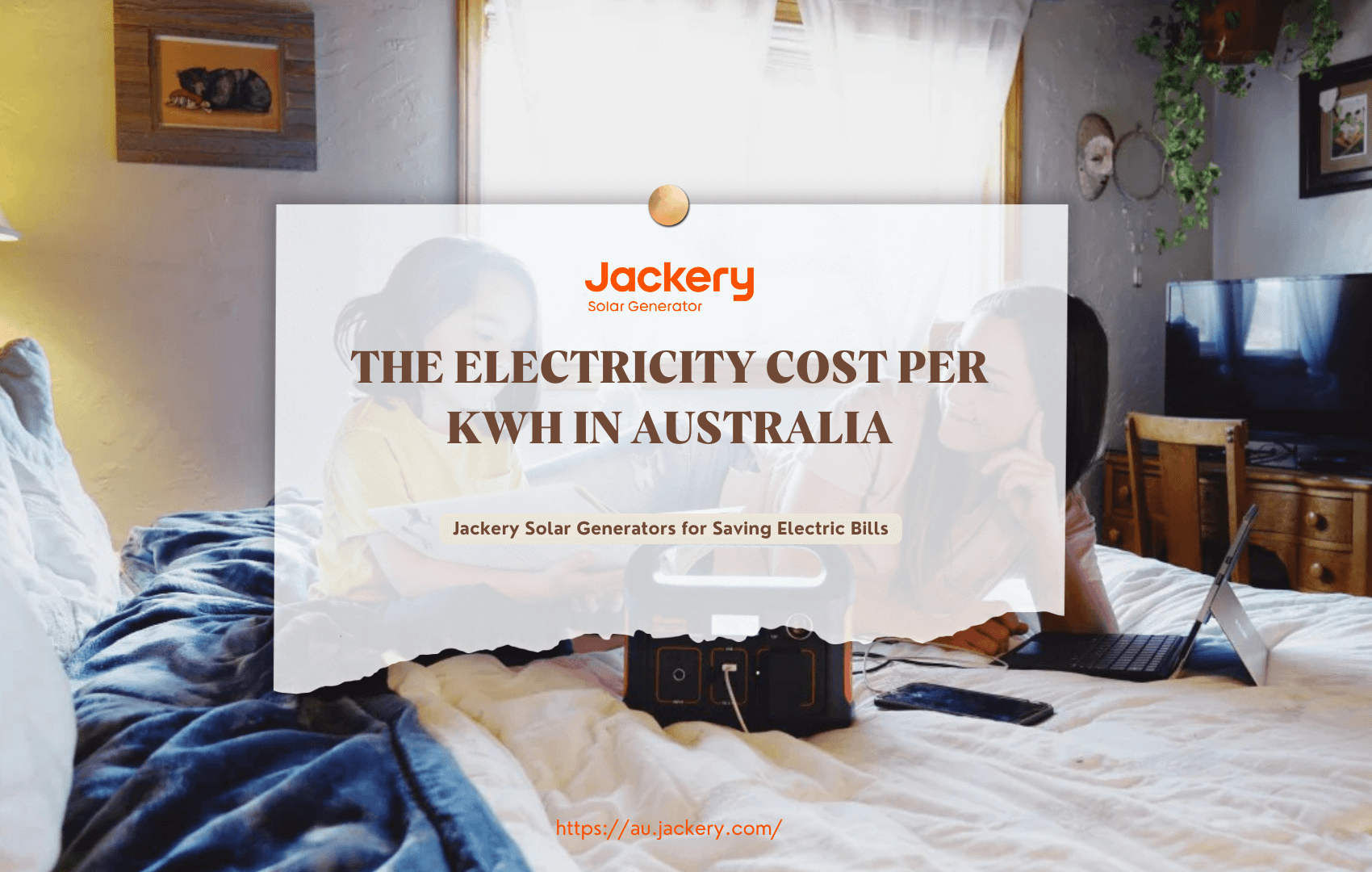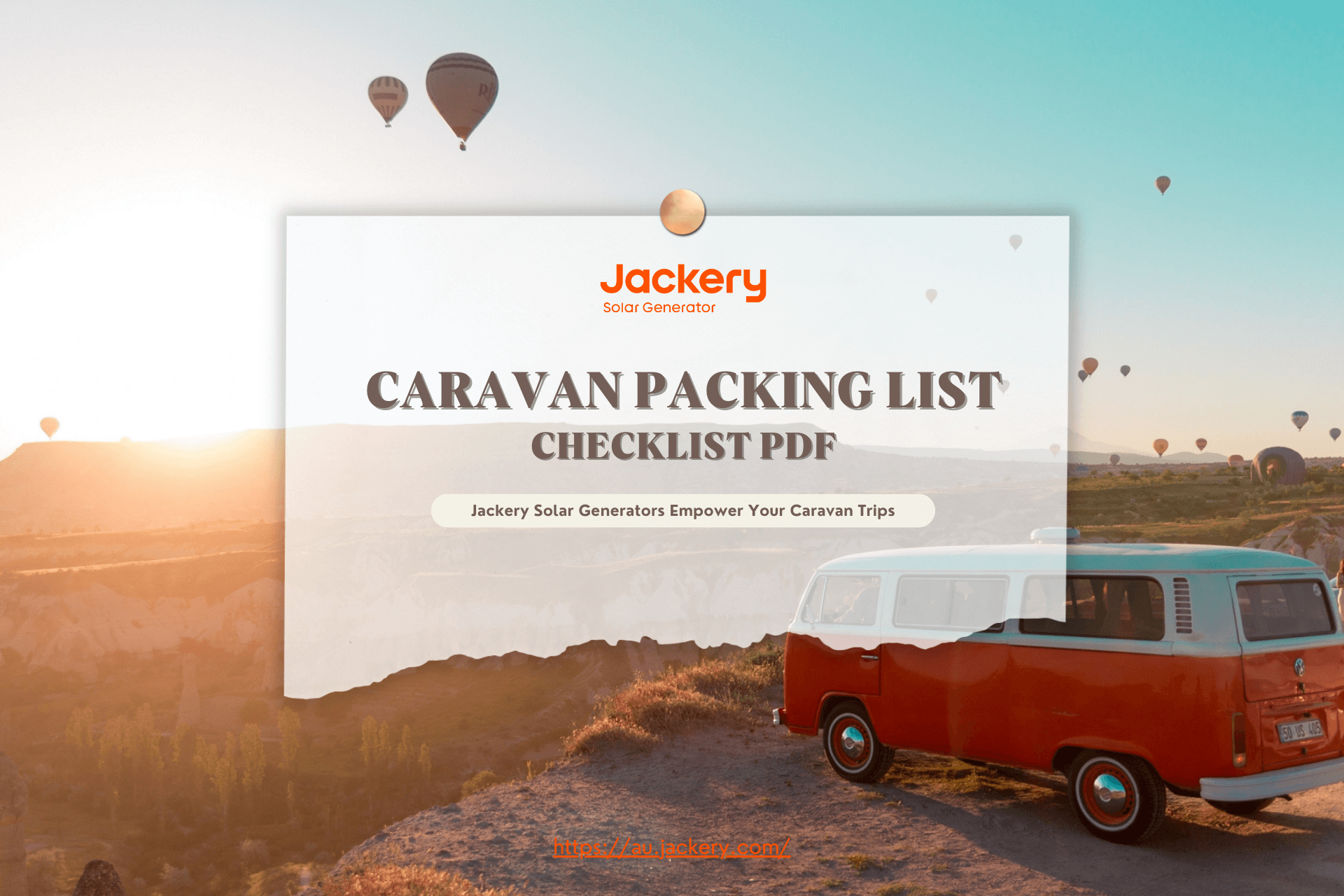Key Takeaways
· The Australian food truck industry is growing for the love of new types of food and ease of eating.
· Solar generators are a good, clean, low-noise noise, environmentally friendly solution to powering up food trucks, thereby reducing the need for conventional generators.
· Jackery has many food truck solar generators, such as Jackery Solar Generator 2000 Plus, Jackery Solar Generator 1000 Plus, and Jackery Solar Generator 600 Plus, which are highly effective in the food truck Australia solar generators market.
How to Start A Food Truck Business in Australia?
In order to make a successful start in business life, you must definitely prepare a business plan. You will have many competitors in the food truck Australia market, and the first rule of competition is to be better prepared than your competitors.
1. Research and Planning: Research on the food truck industry in Australia is the first step. Know what is going on in the market now, know who your audience is, and know what the regulations are around the region. Create a full business plan that includes your budget, proposed menu, and marketing strategy.
2. Licensing and Permits: The food truck business concept is based on selling food to the public. In short, you need to obtain the necessary permits and licenses for a business to start operating. In Australia, food trucks are strictly regulated by local councils by regulations. The regulations are essential to run legally and to keep the food truck products safe.
3. Choosing the Right Vehicle and Equipment: When it comes to your business's success, you must choose the right food truck. Apart from your budget, your vehicle also needs to be able to accommodate what menu you plan to offer. Once you get your truck, it is set up with basic kitchen appliances that meet safety and operational standards.
4. Power Systems for Food Trucks: One of many decisions that have to be taken when running a food truck is selecting a trustworthy power source. To diagnose whether you should buy a solar option or not, you have to compare it with modern solar options and traditional generators. Now, food truck operators in Australia are turning to solar generators, like those offered by the Jackery, for their environmental merit and cost-effectiveness.
Following these steps, which will all be carefully assessed for you as you consider each aspect of the food truck business in Australia, you will take the road to success in the thriving and dynamic food truck business.

Can a Solar Generator Power a Food Truck?
Definitely yes! Solar generators provide a variety of powering options for a food truck. Seems like the key here is knowing your power requirements and getting a solar-powered generator that fits those requirements.
Advantages of Using Solar Generators for Food Trucks:
Carbon Footprint: A solar-powered food truck is definitely set to be eco-friendly as it will primarily use solar energy
Noise pollution: For food truck owners and customers, this is a huge advantage as there will be solar generators, saving you all the noise created by an ordinary generator.
Initial Costs: Of course, there is an upfront cost, but solar generators will, in turn, save you money on fuel costs over time.
Dependable Power: Solar generators will give you the power you need to operate your tools smoothly and dependably.
Calculating Solar Power Needs for Food Trucks:
Consider these steps to estimate the perfect size of the solar generator for your food truck Australia project:
Identify Appliances: This step includes all sorts of electrical appliances you have in your truck, such as a refrigerator, blender, oven, or freezer.
Wattage Rating: Check the wattage (W) rating for each appliance and its manual. The wattage is normally found on the appliance rating nameplate or on a manual if available.
Total Power Consumption: Finally, sum the wattage ratings of all the items in order to get your total energy demand.
Factor in Surge Watts: In terms of microwaves, it's necessary to note that some of these devices have more inrush wattage when they first turn on. Try to account for these inrush needs by building in some leeway.
Solar Generator Capacity: One of the factors in deciding on a solar generator is that the continuous output supply rating should be greater than the entire energy consumption of all the equipment.

How Much Electricity Does A Food Truck Use?
When preparing your food truck Australia project, you should consider the energy values of the electrical devices you will use. When choosing a power source, you should definitely calculate according to the different values of your devices, such as "wattage, voltage, amp."
Key Electrical Concepts:
Understanding wattage, voltage, and amperage are a few factors that fall under the category of electrical concepts and form a base in the field of electrical engineering.
Wattage (W): It is the electrical power. Energy is told in units of J as how much is consumed or produced per unit of time.
Voltage (V): The electrical potential difference between two points in a subject is called voltage. It is a force that pushes electric charges through a conductor. So voltage is kind of like 'the pressure' that makes electricity go down the pipe. More energy means higher voltage.
Amperage (A): Amperage is the flow of electric current in a circuit — known as current. This tells you how many electrons are walking through the circuit each second. More electrical flow means a greater amount of amperage. The relationship among these three concepts is defined by Ohm's Law, which states:
Power (P in Watts) = Voltage (V in Volts) x Current (I in Amperes)
Typical Power Usage:
The power consumption profile in an average food truck concerning the amperage depends on the electrical appliances on board. What is more, typical equipment that is needed for a food truck should ideally be powered with 30-50 amps so that the truck can properly function. Electric devices usually need different levels of power, and this range makes it possible for them. For example, the oven can consume between -1200 ~ 4000 wattage, the refrigerator can take between 500 ~ 1200 wattage, and the blender takes a wattage of 300 ~1000 wattage. Each of those appliances can come in a very large wattage, and all those wattages contribute to the total amperage needed by the food truck Australia.
Food Truck Equipment Power requirements:
|
Equipment (Capacity) |
Estimated Power Requirements (kW) |
Voltage (V) |
Current (Amps) |
|
Electric Cook and Hold Oven (100 lb capacity) |
1.7 kW |
120 V |
14 A |
|
Holding Cabinet and Drawer Warmer (20” x 12”) |
1.2 kW |
120 V |
10 A |
|
Electric Range – 4 burners |
6 kW |
240 V |
25 A |
|
Microwave (20 L) |
0.7 kW |
120 V |
6 A |
|
Refrigerator with prep surface (14 cu ft) |
0.3 kW |
120 V |
2.5 A |
|
Undercounter freezer (5.5 cu ft) |
0.15 kW |
120 V |
1.3 A |
|
Ice-maker (100 lbs / 24 hours) |
0.4 kW |
120 V |
3.3 A |
|
Food processor |
0.84 kW |
120 V |
7 A |
|
Blender |
2.2 kW |
120 V |
9 A |
Jackery Solar Generators for Food Trucks
Growing concern about energy consumption in the food truck industry has been answered by Jackery, a fuel supplier, who introduced several solar generator units that are easier to set up for mobile businesses.

Features of Jackery Solar Generators for Food Trucks
Jackery Solar Generator 2000 Plus
The Jackery Solar Generator 2000 Plus is stupendous and famous for its huge capacity of 2042Wh. This makes it very easy to supplement all the running appliances on the food truck. Its ready-to-high-capacity food truck business has an expandable capacity of up to 12kWh. Being expandable up to 12kWh, it allows you to grow your food truck Australia business without running into an energy bottleneck and bypass peak hours. This model's secondary benefits include adding various ways to recharge the unit, including solar panels, AC outlets, and carports.
Customer Reviews
"The 2000 Plus has transformed my food truck business! Its high capacity powers all my appliances effortlessly, and the multiple recharging options keep me running smoothly throughout the day. A game-changer for any food truck operator seeking reliable power." – Alex T.
|
Feature |
Jackery Solar Generator 2000 Plus |
|
Capacity |
2042 Wh |
|
Battery Cell |
LFP (LiFePO4 battery) |
|
Dimensions |
37.36 * 47.3 * 35.94cm |
|
Recharging Methods |
Solar, AC, DC |
|
Output Ports |
AC-Output(x3), USB-A-Output(x2), USB-C-Output(x2), 12V-Car Port(x1) |
|
Working Hours |
Ideal for heavy energy demands |
|
Electric Owen (800W) 1.2 Hours |
|
|
Fridge (2200W) 2.3 Hours |
|
|
Kettle (850W) 1.9 Hours |
Jackery Solar Generator 1000 Plus
The Jackery Solar Generator 1000 Plus has a 1264-watt hour (Ah) capacity and a 2000W output. So, it's ideal for running the average medium-sized food truck operation. The Jackery Solar Generator 1000 Plus also relies on reliable LiFePO4 battery cells with 4000 cycles to 70%+ capacity. Solar panels, AC outlets, and vehicle charging provide you with recharging options, so they are convenient and flexible. That one supports USB, AC, and DC ports, so you can use it with different appliances and devices.
Customer Reviews
"Perfect for my medium-sized food truck. The 1000 Plus handles my power needs efficiently, and I love the easy recharging options. It's compact yet powerful, and the cycle life means I'll be using it for a long time. Highly recommend!" – Jamie L.
|
Feature |
Jackery Solar Generator 1000 Plus |
|
Capacity |
1264 Wh |
|
Battery Cell |
LFP (LiFePO4 battery) |
|
Dimensions |
35.6 * 26 * 28.3cm |
|
Recharging Methods |
Solar, AC, DC |
|
Output Ports |
AC-Output(x2), USB-A-Output(x2), USB-C-Output(x2), 12V-Car Port(x1) |
|
Working Hours |
Suitable for medium energy needs |
|
Electric Oven (1600W) 0.7 Hours |
|
|
Coffee Maker (550W) 1.8 Hours |
|
|
Kettle (850W) 1.2 Hours |
Jackery Solar Generator 600 Plus
The Jackery Solar Generator 600 Plus provides 632-watt-hour (Ah) capacity for small food truck setups. It uses a durable LFP battery with a 4000-cycle lifespan. The versatility comes from the multifunction of Jackery generators recharged with solar panels, AC outlets, and carports. Bringing along a plethora of input and output ports such as USB, AC, and DC, it is capable of powering your equipment smoothly.
Customer Reviews
"The 600 Plus is just right for my small food truck. It's easy to use and keeps my essential appliances running. The different ports and recharging methods give me flexibility on the go. Couldn't be happier with my purchase!" – Sam R.
|
Feature |
Jackery Solar Generator 600 Plus |
|
Capacity |
632 Wh |
|
Battery Cell |
LFP (LiFePO4 battery) |
|
Dimensions |
30 * 21,9 * 19,7cm |
|
Recharging Methods |
Solar, AC, DC |
|
Output Ports |
AC-Output(x2), USB-A-Output(x1), USB-C-Output(x2), 12V-Car Port(x1) |
|
Working Hours |
Suitable for light energy needs |
|
Coffee Maker (550W) 1 Hour |
|
|
Portable Refrigerator (60W) 6 Hours |
|
|
Toaster (650W) 0,8 Hours |
How to Choose The Best Food Truck Generator?
Selecting the right generator for a food truck Australia business involves considering several factors:
Power Output: Everyone knows, of course, that the higher the generator's power output, the more equipment it will support. It has watts in it, and you should figure out how many total watts all of the devices you will plug into add up to. The running wattage is in addition to your total wattage, which is also the starting wattage for some of the appliances, which is much higher.
Fuel Type: Old-style generators that consume fossil fuels and solar generators are generator options that users can choose from. Portable solar generators are the most preferred generator type in Australia because they are silent, odorless, lightweight, economical, and sustainable.
Portability and Size: When choosing a generator, size and portability are vital (especially if you're going to be using it on a truck or mobile). This is especially important to businesses that must make the generator easy to carry and store.
Noise Level: The noise level of a generator can make a lot of difference in how that generator will affect the user experience, especially in the case of residence or business locations with noise ordinances regarding generators. Low-noise models can provide customer satisfaction as well as reduce disturbances. Usually, noise level is measured by decibels (dBs), and typically, noise dampening is incorporated for the quiet operation of the generator.
Cost and Maintenance: Evaluating the cost of a generator involves more than just the initial purchase price. Consider ongoing fuel expenses, the cost of any necessary accessories, and the maintenance required to keep the generator in optimal working condition.
Reputation and Reviews: Investigating customer reviews and brand reputation is crucial in selecting a reliable generator. Look for recommendations regarding their experience with the service, durability, and performance of the equipment.
Food Truck Australia FAQs
Is it legal to have a food truck in Australia?
There is no legal obstacle to entering the food truck business in Australia. After turning your own or rented vehicle into a food truck, you can obtain the necessary documents and permits and bring your food truck idea to life.
How much is a food truck in Australia?
The cost of a food truck in Australia can range from AUD 50,000 to AUD 150,000, depending on size, equipment, and customization.
What size of generator do I need for my food truck?
The generator size depends on your total power needs. Calculate by adding the wattage of all appliances and ensuring the generator can run for the required hours. Jackery Solar Generators can efficiently meet these demands.
Why do you need a generator for a food truck?
That's where you have to get a high-capacity solar generator and solar panels. Food trucks do not require an attached power supply since generators are able to provide a source of power to cook with, power refrigeration units, and other amenities, which makes the food truck more efficient.
Final Thoughts
As the business of Food Truck Australia continues to expand, the requirement for effective and eco-friendly power solutions like Jackery solar generators will increase. Given this fact, as well as continual innovations, the future of food truck generators in Australia appears promising. Jackery's commitment to quality and innovation makes it a leader in the industry, providing reliable power that supports entrepreneurs in creating culinary delights on wheels.

